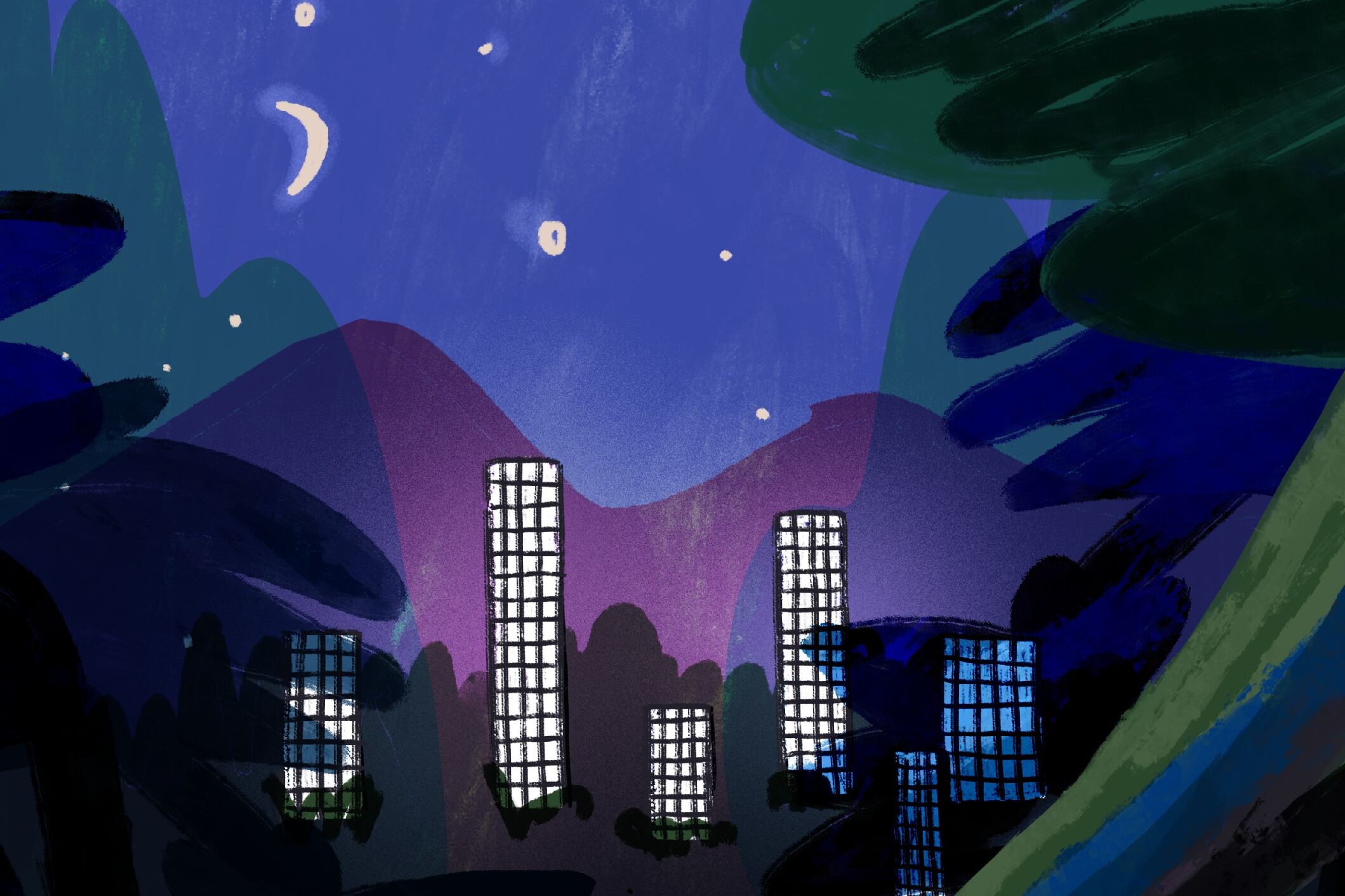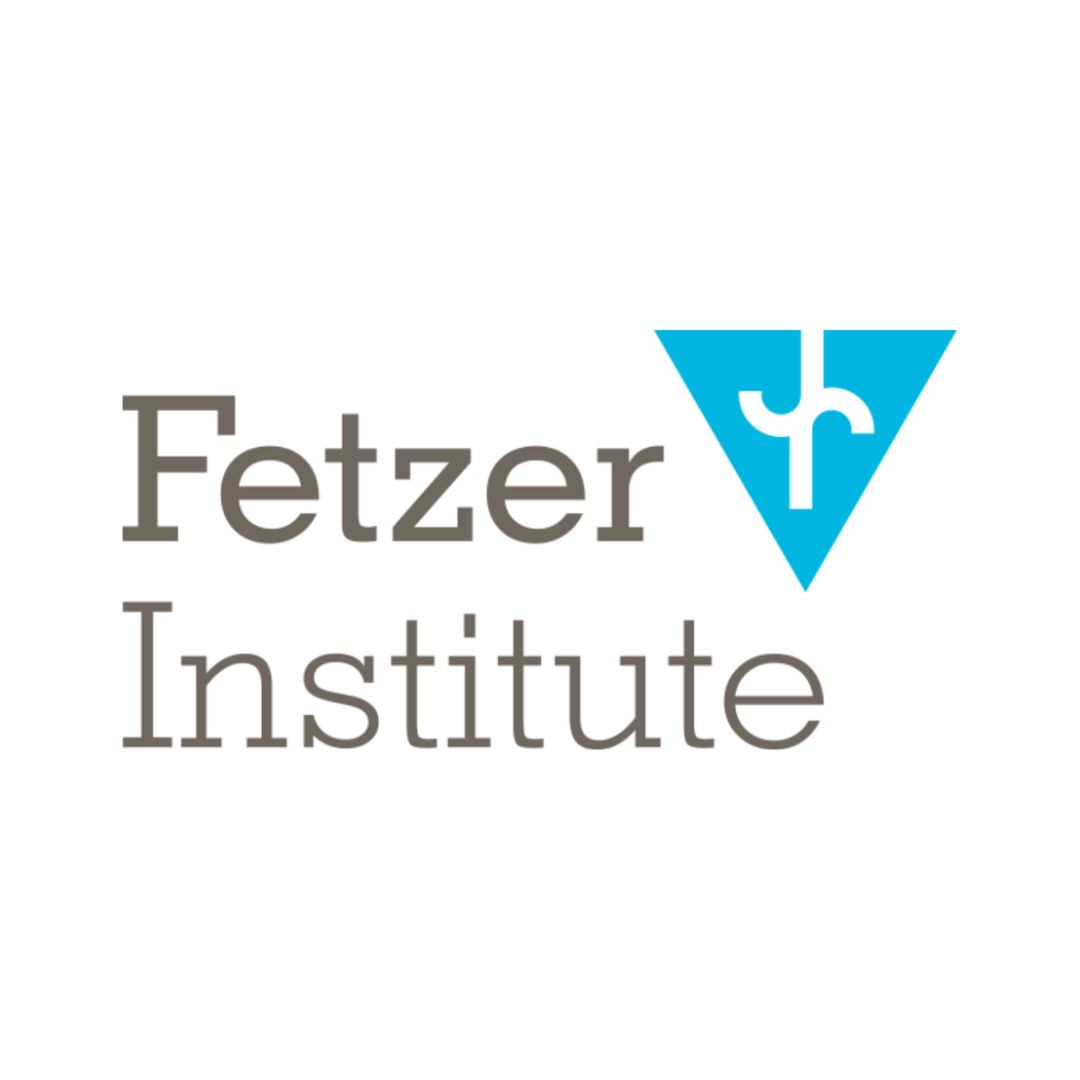
Throughout the twentieth century, productivity improved dramatically across the developed world in a greater increase than in the previous 2000 years. Driven by life changing technologies, such as electricity, combustion engines, and phones, living standards increased sevenfold. But since the 2008 financial crisis, despite computerisation and the internet, productivity growth in many countries has been low, static or even, in the case of Japan, falling.
Is faltering productivity growth a policy problem to be fixed, or is our obsession with productivity (both economic and cultural) an unhelpful measure of true human flourishing?
In this stream of work, Theos explores the changing pressures on (and demands of) our society to argue that we must balance productivity against other measures of success, especially in an increasingly service–based economy and an age of climate crisis. We particularly explore the natural limits of human attention and the planet we call home, as well as the likely impacts of artificial intelligence, to ask: what does a productive human really look like?
Our report
More: The Problem with Productivity questions the dominant narrative around productivity and the relentless pursuit of maximising output. If productivity is defined by how much we produce, what do we lose along the way? You can read the report here.
In conversation
Hannah Rich speaks with individuals in religious orders whose lives go against the grain of our productivity–obsessed society. You can read the in–depth piece here.
As included in our report, we showcase the stories of a number of people spanning a variety of industries, to see what productivity means to them. You can read the vignettes here.
Madeleine Pennington speaks on ‘The economics of almost everything’ panel at HowTheLightGetsIn festival. You can watch the recording here.
Interested in this? Share it on social media.
Join our monthly e–newsletter to keep up to date with our latest research and events. And check out our Supporter Programme to find out how you can help our work.


